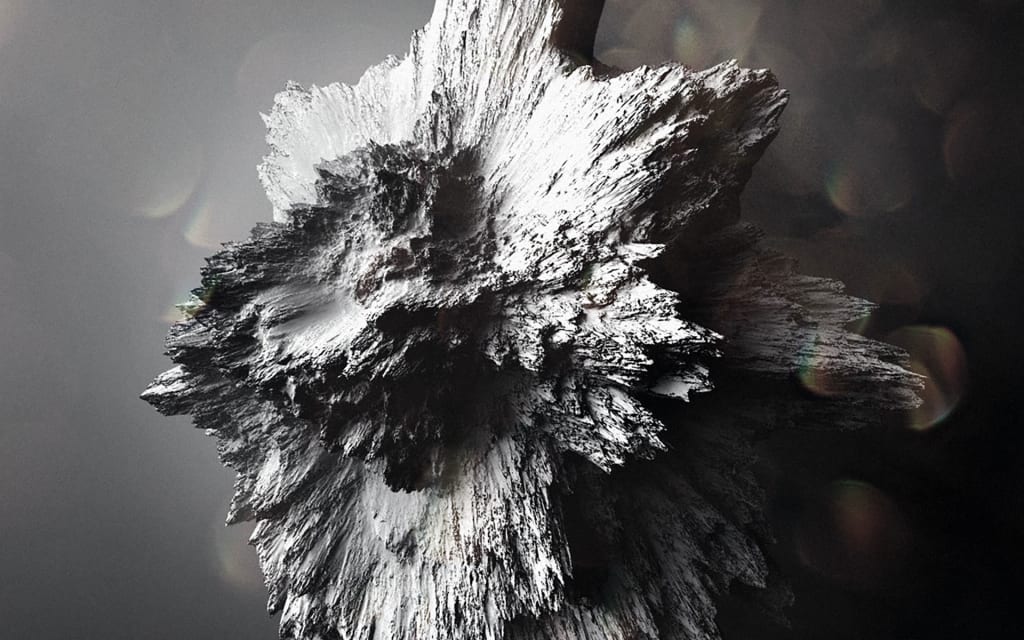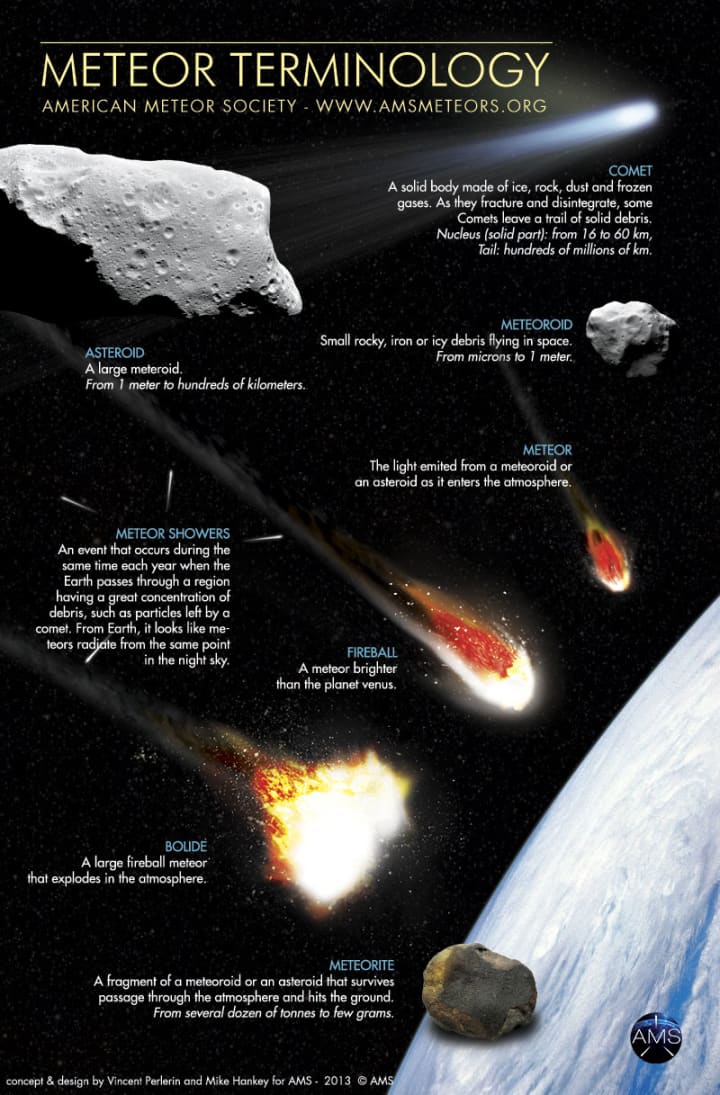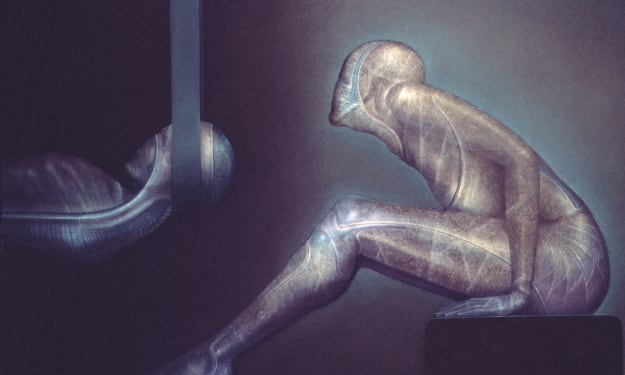Meteorites and Asteroids Facts
What is the probability of a meteor entering into the world?

With all the unknown objects and happenings beyond our control going on in outer space, as human beings we can’t help but wonder what the chances are of extraterrestrial disasters having a significant impact on Earth. Every day, people die from the strangest things, but for some reason we’re inclined to believe that there’s a looming possibility of life ending because of space rocks. So for those curious about astronomical catastrophes affecting our beloved planet, here are a few things to note:

Probability of Death by Meteor
As life expectancy increases, Gizmodo states that the odds of you being killed by a meteor increases from 1 in 700,000 to 1 in 500,000, though human death by meteor is still something unheard of and that you’re more likely to die from a lightning strike than a meteor.
Statistical Average of Meteor Fatalities
According to a study shared on Chron, the statistical average of fatalities worldwide per year is 91. While this may sound alarming, fatalities don’t necessarily mean deaths and impacts don’t occur on a yearly basis. As the contributor Eric Berger says, these strikes are low-probability, high risk events. It’s also worthy to mention that there have been no recorded deaths from a meteorite fall.
Asteroid-Hunting Telescope
Popular Mechanics reported that the former NASA astronaut Dr. Edward Lu explained there were around one million asteroids surrounding Earth with the potential to wipe out a city, and organizations are urging policymakers to continue funding the construction of an asteroid-hunting telescope, projected to make its debut in 2020.
Statistical Anomalies
Despite the previous fact, Time explains that you’re more likely to die from chronic constipation, a bee sting, or get murdered during a trip to the Grand Canyon than getting struck by an asteroid. You also have a better shot at bowling a 300 game and becoming a movie star than dying from an asteroid strike.
Although the probabilities of winning a lottery jackpot are much greater than encountering a meteor strike in your lifetime, Lottoland, a provider of online scratch cards and renowned lottery aggregator, explained in their blog that there have been documented events of people being hit by a meteorite. Some of the most recent contacts between human and meteorite was in 2009 which injured a UK teenager’s hand and before that in 1954 in Alabama, USA, where a woman named Ann Hodgeswas sound asleep in her rental home until the celestial rock struck her on the hip, leaving “a pineapple-sized mark, but did not do any permanent damage.” However, the damage is rather speculative, as she later suffered from a nervous breakdown from the legal mess and global media frenzy surrounding the ownership of the meteorite. Following the psychotic break, she separated from her husband and then died a few years later.
Whether these statistics and past events scare you or not, the chances of you ever being struck by meteorite are quite slim, so don’t be afraid to live a little. But if there ever is a warning for a shower or strike, don't hesitate to stay indoors for a while. Or perhaps it might pay to look into building a bunker, flat-screen and all. If history has taught us anything, the bunker will eventually pay off.
Biggest Meteorite Discoveries
Every day there is an estimate of up to 166 meteorites that hit Earth. The Earth’s atmosphere burns most meteorites up. On some occasions, there are those that make it through and actually hit the earth. Leaving a mark on the earth’s crust forever. These meteorites are the ones that will further scientific research for centuries to come.
Hoba Meteorite
The Hoba meteorite was a meteorite that touched down in Namibia, Africa about 80,000 years ago. It is the largest meteorite on earth. It didn't take till 1920 that a farmer yielding his fields found the meteorite. It weighed 60 tons of pure iron and rock. The Hoba Meteorite is now a national monument in Namibia.
Willamette Meteorite
The Willamette Meteorite crashed in Oregon, North America. It weighed 15 tons and is 10 feet tall. The meteorite is made up of iron and many scientists believe that it is part of a planet's core that had a collision billions of years ago. The Native American tribe, Clackamas, found the meteorite thousands of years ago. It was used for tribal and religious purposes. In 1902, a couple of westerners came across the meteorite. It was taken to the American Museum of Natural History in New York City. Recently the tribe struck a deal with the American Museum of Natural History, and now the tribe can go to the museum and perform ceremonial practices.
ALH 84001
ALH 84001 is an interesting meteorite. It was discovered in Antartica in 1984. The meteorite is from Mars. It wasn't discovered for 13,000 years. ALH 84001 was born in a martian volcano. A meteorite that was hurtling towards Mars at the time probably knocked ALH 84001 out of placement and sent the rock hurtling towards Earth. As scientists carefully examined the rock they found something interesting. Buried in the rock was evidence of fossilized bacteria from Mars. The finding of ALH 84001 in the Allan Hills of Antartica made headlines around the world.
Murchinson Meteorite
The Murchinson meteorite fell over Australia in September of 1969. Hundreds of pieces broke up over the Australian continent. The largest meteorites weighed up to a hundred pounds while some only weighed one pound. The massive fireball streaked across the night sky and crashed into small fragments. Many fragments have been studied on by the scientific community. After studying the object for years, they finally made a discovery. Inside the cosmic meteor was a wide array of amino acids. A basic building block of life.
About the Creator
Futurism Staff
A team of space cadets making the most out of their time trapped on Earth. Help.






Comments
There are no comments for this story
Be the first to respond and start the conversation.